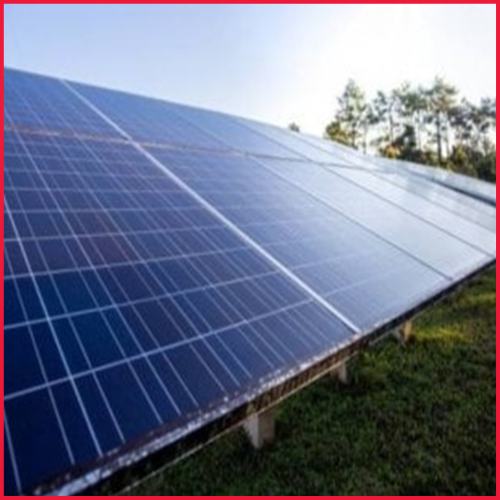Lithium-ion battery recycling company Lohum Cleantech plans to expand its international presence and set up a factory in the United States next year.
In a discussion, Rajat Verma, CEO of Lohum Cleantech, expressed the company also plans to expand its presence in the European Union.
“We will continue to add to our capacity in India and invest in the US and EU to cater to the global EV ecosystem. Our immediate target is to set up a facility in the United States for upstream capacities. That facility will work on the hub and spoke model where the US becomes a spoke feeding into the Indian hub,” he said.
Verma notes that the company’s downstream capacity will be entirely in India. In contrast, the upstream total will be distributed in India, and the US and over time it will also be developed in Europe.
Speaking of technology investments, Verma said research and development will be a focus for Lohum and the company will continue to develop low-carbon technologies. “R&D in sustainable materials is at the core of our company. We will continue to develop low-carbon technologies for various other critical, rare, and precious materials to enable Lohum and India to be at the forefront of the energy storage space,” he said.
On plans for a new round of fundraising, Verma said, “While we are sufficiently capitalized at the moment for our immediate expansion, in the future we will reach out to investors at the right point of time. We anticipate the next fundraiser to be in the $100 million ballpark.”
With the growing demand for batteries in the Indian mobile sector, the company is aiming for a triple jump in revenue to more than ₹300 crores in fiscal year 23.
Regarding the growth prospects of the lithium-ion battery industry, Verma said the industry is expected to grow 20-fold by 2026 due to the growing demand for electric vehicle batteries and energy storage systems. of stations (ESS).
However, he noted that the dominance of just a few countries in the raw material supply chain helps them control the prices of key battery metals and makes it possible to import raw materials for domestic battery production on a large scale. large becomes unsustainable. He also notes that the carbon footprint of extracting and refining the raw materials that power electric vehicle batteries has the potential to undermine climate action.














